What is photovoltaic solar energy?
Solar Energy, its main source is the sun, an alternative and sustainable energy that can be used to generate electricity through Photovoltaics or even for heating water, which is called thermal solar energy.
The Sun is our planet's main source of energy. We receive enough solar energy to supply thousands of times the world's needs in any given period.
Practically all the energy used by humans has origin in the Sun, including biomass, hydroelectric and wind energy.
How can solar energy be harnessed?
Solar energy can be used directly as a heat source for heating or for the production of electricity. In solar heating systems, heat is captured by collectors that are used to heat the water.
The heated water is stored in a reservoir known as a boiler. The objective of these systems is to heat water directly using the sun's heat, saving other energy resources such as gas, coal and electrical energy.
Thermal collectors for heating water on the roof of a residence
The Sun's heat can also be used in heliothermal plants to produce electricity. The heat is transported by the fluid to a generating plant, where it produces steam and drives an electric turbine.
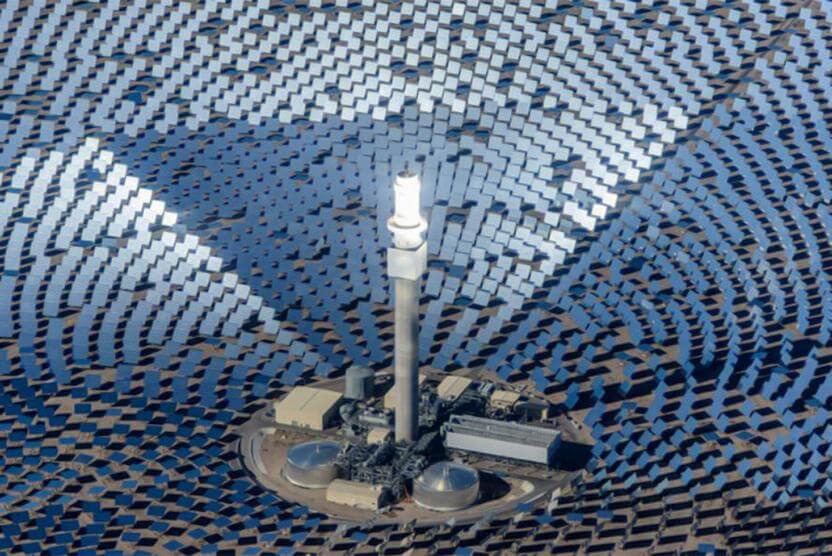
What is solar energy?
A photovoltaic system can convert sunlight energy directly into electricity, unlike thermal systems. This electricity is collected and processed by controllers and inverters and can be stored in batteries or consumed directly.
Photovoltaic panels can be installed on the roofs of homes and buildings or used in the construction of electricity plants. Photovoltaic energy can be used to power places without a power grid or for energy supplementation (with savings on electricity bills) in places already served by electricity.
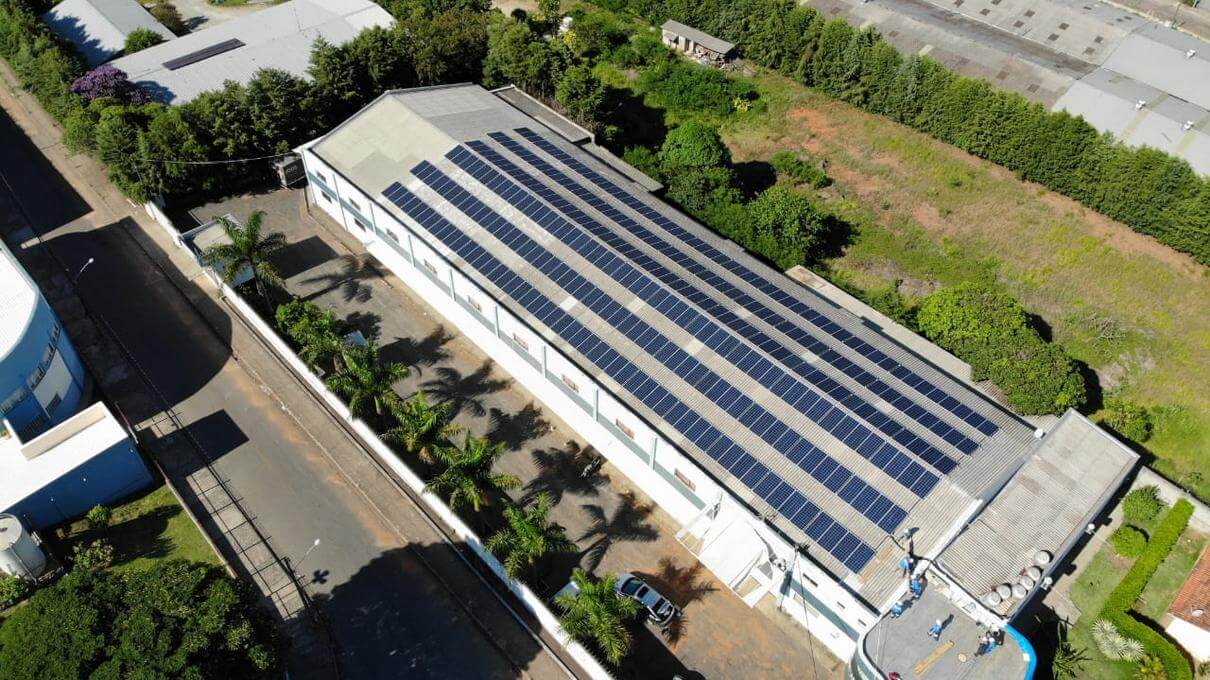
Solar panels on the roof of a commercial building. Photo: Oscar Makoto Kojima/Jags Sol Energia Renovável
Renewable and Clean
Photovoltaic energy is clean and renewable. Renewable energy sources are inexhaustible. We can use them continuously and they never run out, as they are always renewed. The concept of clean energy is often associated with renewable sources, as they have reduced environmental impacts and do not generate waste or pollutant emissions. The use of renewable sources contributes to the pollutant reduction in the atmosphere and reduces the greenhouse effect, responsible for the planet's climate change.
How does solar energy work?
The energy from the sun's rays is converted into electricity through photovoltaic panels. This energy is generated in direct current (DC) and needs to be converted to alternating current (AC) by an inverter to be consumed by electronic equipment.
Most solar energy systems in Brazil are of the type connected to the electrical grid, without batteries, known as grid-tie or on-grid systems. Grid-tie systems operate in parallel with the electrical grid.
At times without solar generation (during the night or when it is cloudy) the consumer continues to be powered by the public grid. If during the day the generation from the solar source is greater than consumption, the excess energy is injected into the electrical grid. The injected energy is recorded by a bidirectional meter and the owner receives energy credits.
The credits will be recovered by the consumer through a reduction in the next electricity bill, as provided for by the electricity compensation system created by REN 482 (Normative Resolution No. 482/2012) of ANEEL (National Electric Energy Agency).
Solar energy in Brazil
Many Brazilian homes received electricity from photovoltaic systems with batteries through the Luz Para Todos program, created in 2003.
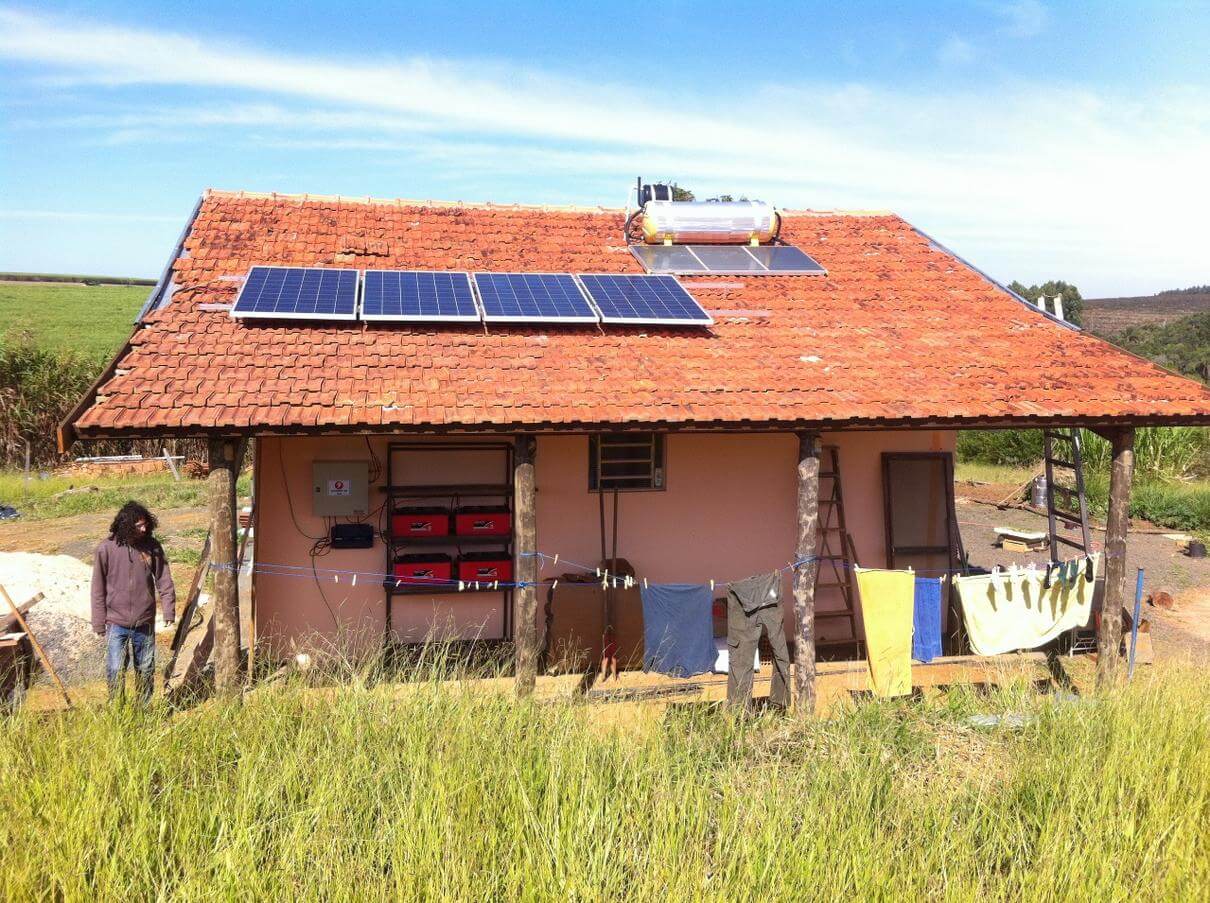
Photovoltaic system with batteries in a location not served by the electricity grid. Photo: Bruno Wilmer Fontes Lima/Solstício Energia
Although autonomous photovoltaic systems are an important alternative for places that do not have a power grid, the best use of this source occurs with systems connected to the grid. The use of grid-connected solar systems began in Brazil with the publication of Resolution 482 in 2012.
The number of connected photovoltaic systems has been increasing year after year in Brazil. There are currently more than 5 GW of distributed solar generators (connected to the grid) in operation in Brazil. The climatic conditions and territorial space of our country are extremely favorable for photovoltaic solar energy.
Solarimetric map of Brazil, showing high levels of solar irradiation
Job generation
The solar energy sector, as is known from the experience of other countries, is an important generator of jobs and income. According to estimates from the ABSOLAR (Brazilian Photovoltaic Solar Energy Association) released at the beginning of 2020, the photovoltaic energy market would have the potential to generate more than 120 thousand new jobs that same year.
Price
The results of the latest energy auctions held in Brazil show increasingly competitive prices. Solar plants have shown reduced prices compared to other energy sources.
Residential solar energy
Solar energy is very interesting for homes. According to studies carried out by Greener, the price of residential photovoltaic systems has fallen a lot. The survey showed that, from 2017 to 2020, photovoltaic systems became 27% more profitable.
According to the study, a typical residential photovoltaic system, of 4 kWp, has an approximate price of R$ 20 thousand to the end consumer. The payback time for this investment is 4 years on average.
Advantages and disadvantages
The solar energy system is a clean and renewable energy source, easy to install and maintain, in addition to being accessible to any energy consumer and having a long useful life of at least 25 years.
Another advantage is the appreciation of properties. Properties with solar energy have an appreciation of up to 10%. Some critics point out the price of solar panels and the lack of government incentives as disadvantages of solar energy.
Despite this, the price of panels and equipment has fallen a lot and solar energy is now viable for consumers even without government incentives. If you are interested in investing in this type of renewable energy, check out the list of the main solar energy companies in Brazil and find one near you.

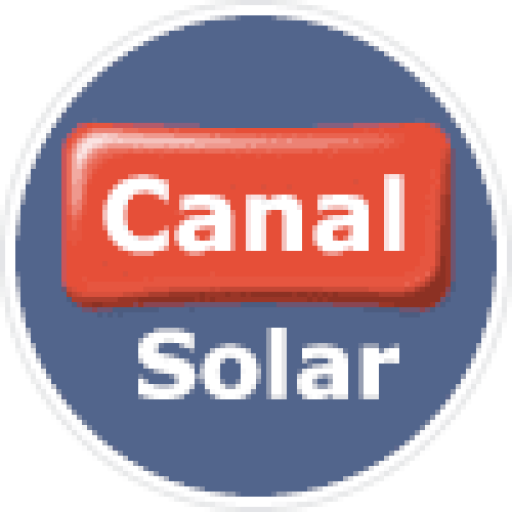
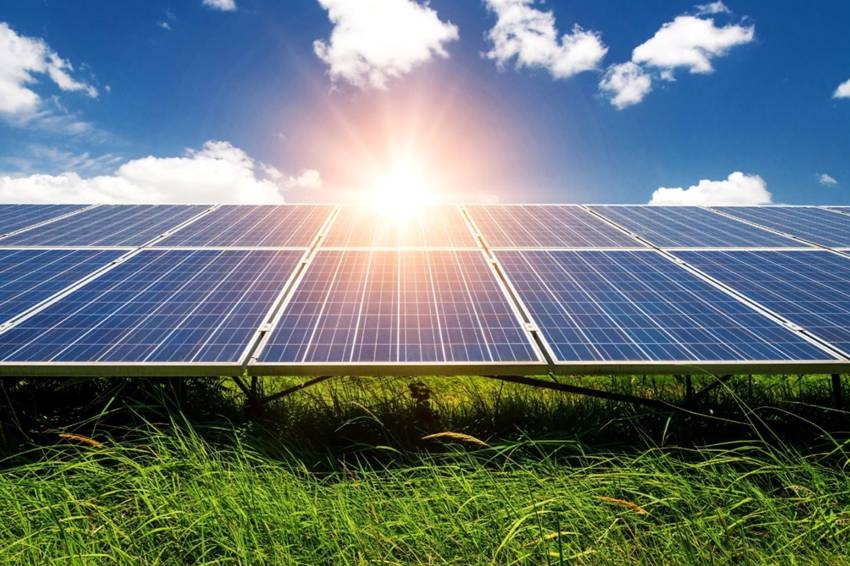
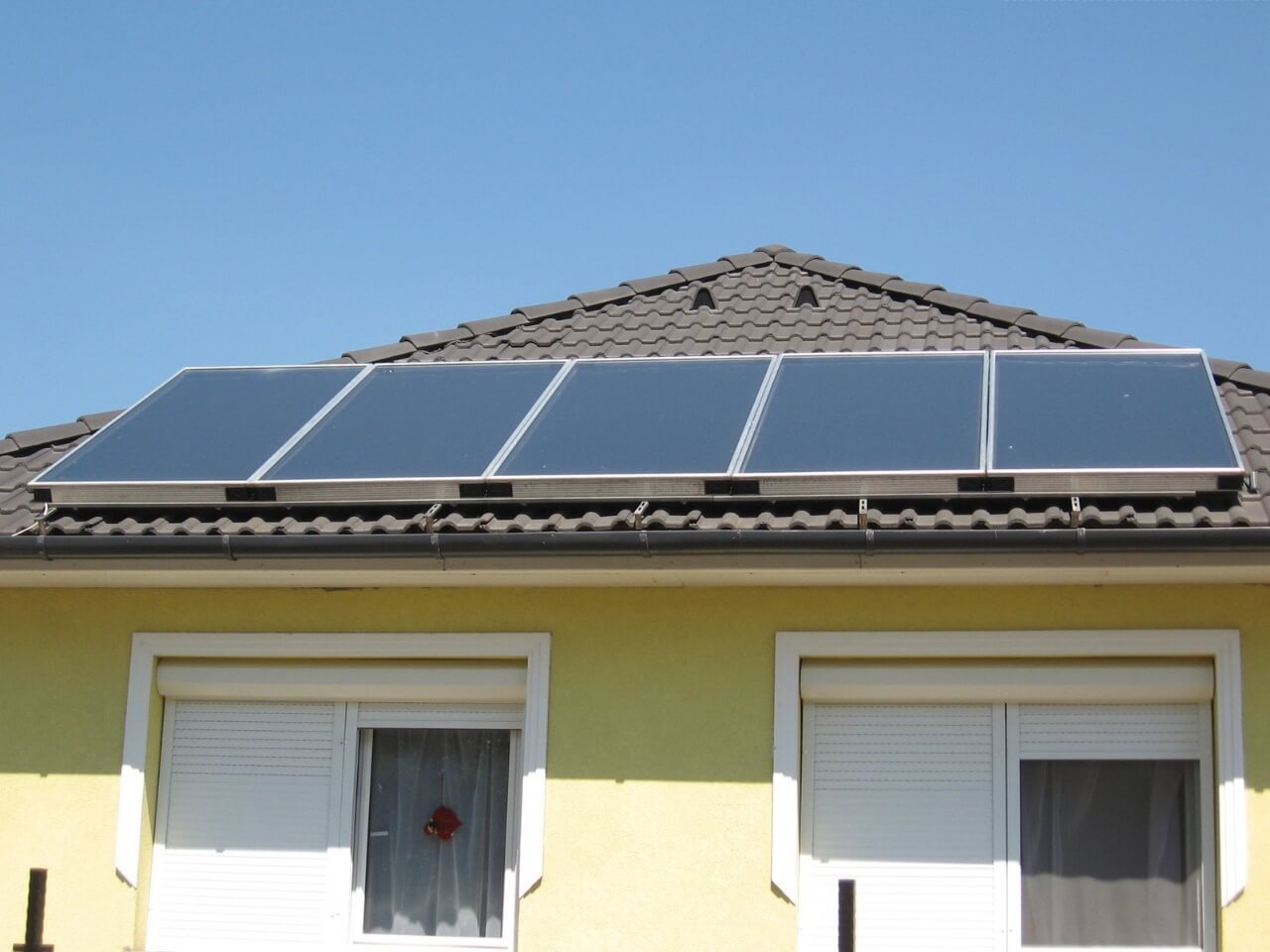
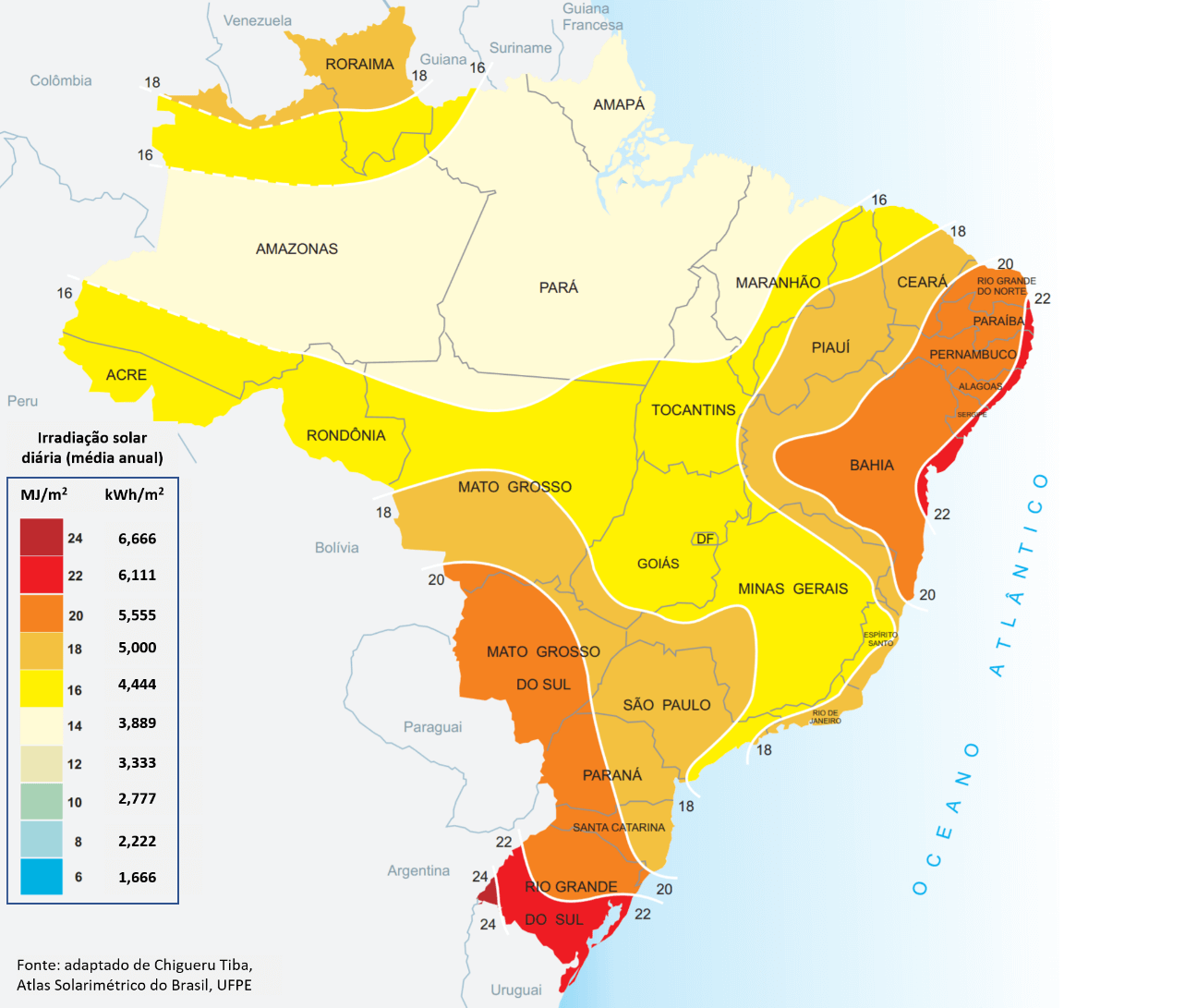

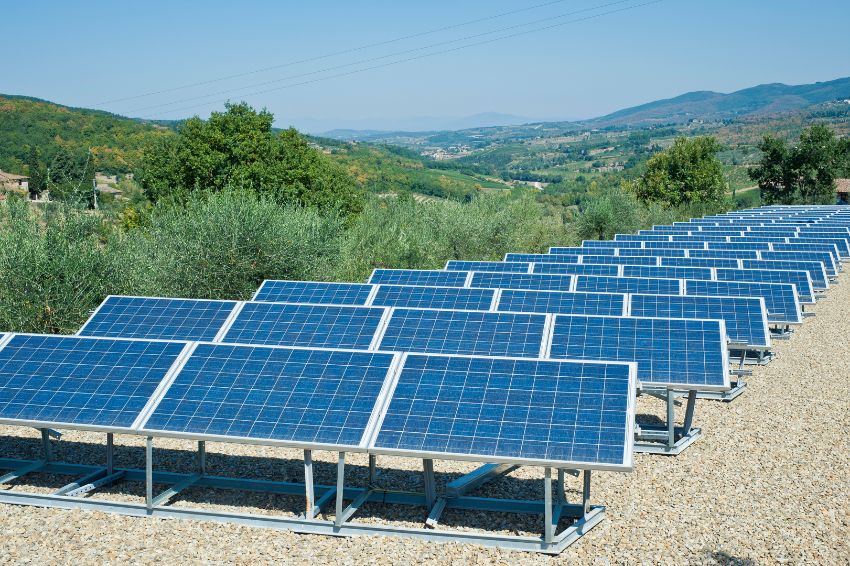

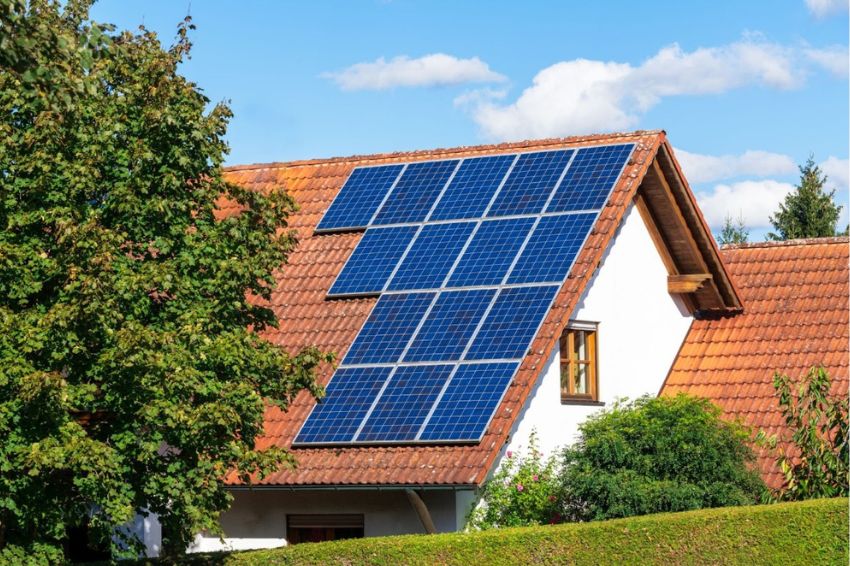
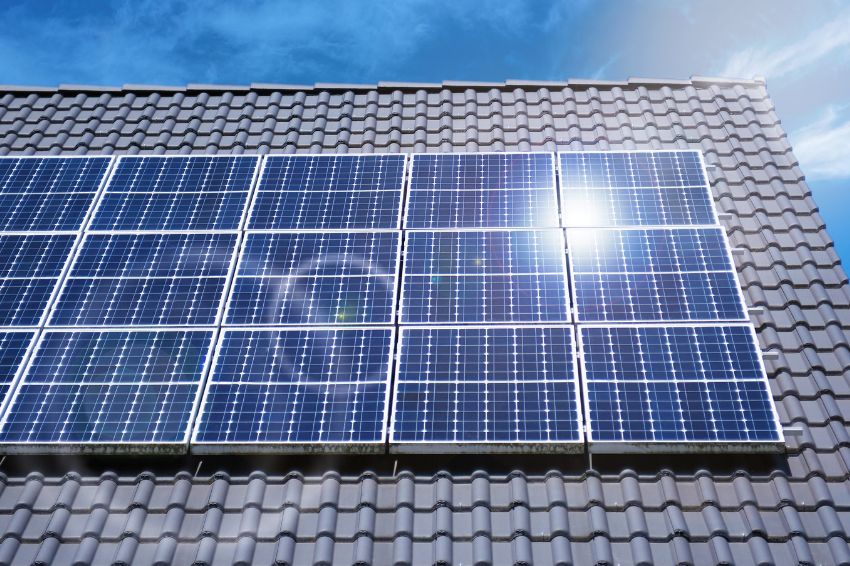
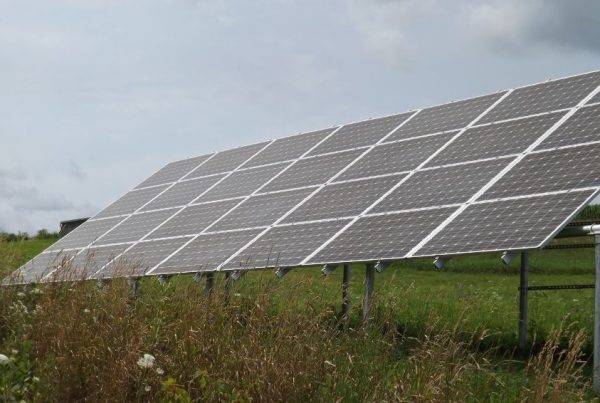







4 Responses
Goodnight!
Okay, I liked the comments, because they clarify how photovoltaic solar energy happens, especially in Brazil..., it is very important for the population to form their ideas on the subject,
thanks,
Electrical engineer.
I would like to obtain recent information about this type of energy and investment
I would like to receive information about ground and floating solar power plants.
I WANT TO KNOW OUT OF CURIOSITY SO THAT I CAN INSTALL IT IN MY HOME LATER.